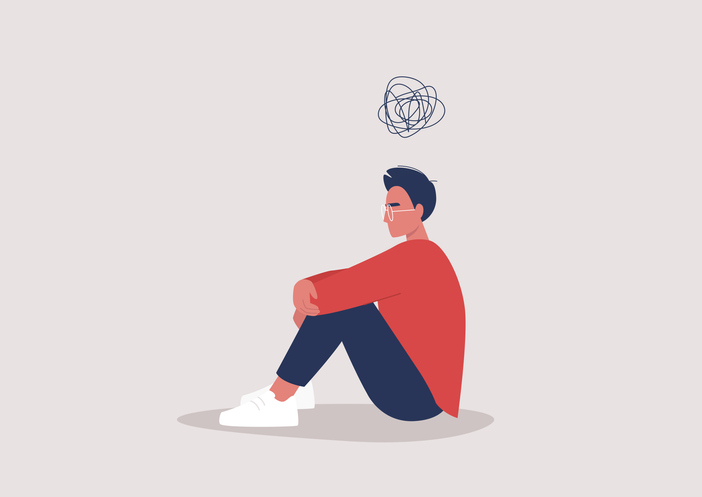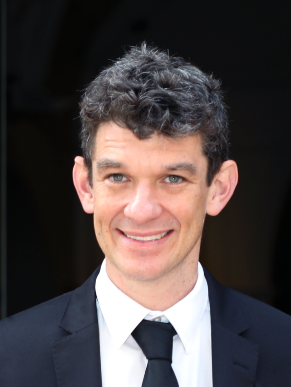“Nerves” typically describe milder anxiety that everyone experiences from time to time. Nerves help you meet a challenge – they trigger a set of reactions in your body and brain that allow you to perform.
For example, I had to lecture for the first time this semester –nerves helped me to be alert, to prepare and problem solve in a challenging and unfamiliar environment. But too many nerves is not a good thing – if during the lectures my mind went blank, I felt sick in the stomach or I could only think of everything that could go wrong, nerves which were adaptive could cross over into anxiety which is not.
The term “anxiety” often denotes clinically severe nerves – it is distressing, causes dysfunction and it is ongoing. Some estimates suggest about 30% of people experience an anxiety disorder over their lifetime, making it one of the most common problems people have. For example, if I was so anxious that I could not think clearly and perform during lectures, this could be considered anxiety. Or if I was so worried about lecturing during the week that I could not front up to the next one, then psychologists might say this is an anxiety disorder.
 While anxiety is common and distressing, the good news is psychologists have made major inroads in treating it. Anxiety can be quickly and effectively treated with cognitive behavioural therapies (CBT). Most people who receive CBT for anxiety receive some benefit. For example, one of the main tools psychologists use for anxiety is exposure therapy or “facing your fears” - each time I was able to give a lecture made it a bit easier to do the next time. By the end of the semester I was so relaxed during class that I felt like I was talking to a group of friends rather than teaching.
While anxiety is common and distressing, the good news is psychologists have made major inroads in treating it. Anxiety can be quickly and effectively treated with cognitive behavioural therapies (CBT). Most people who receive CBT for anxiety receive some benefit. For example, one of the main tools psychologists use for anxiety is exposure therapy or “facing your fears” - each time I was able to give a lecture made it a bit easier to do the next time. By the end of the semester I was so relaxed during class that I felt like I was talking to a group of friends rather than teaching.
Nerves are a helpful part of everyday life, whereas anxiety can be its meaner cousin. Learning how to manage and channel nerves so they help rather than overwhelm you is the challenge.
 Dr Simon Byrne completed a PhD and Masters of Clinical Psychology in child anxiety at Macquarie University in 2015. Since then, he has held postdoctoral positions at Yale, as well as Psychiatry Departments at Royal Prince Alfred and Westmead Hospitals in Sydney, Australia. His research has focused on unconventional use of psychiatric drugs to treat mental disorders, treatments for anxiety and for young people.
Dr Simon Byrne completed a PhD and Masters of Clinical Psychology in child anxiety at Macquarie University in 2015. Since then, he has held postdoctoral positions at Yale, as well as Psychiatry Departments at Royal Prince Alfred and Westmead Hospitals in Sydney, Australia. His research has focused on unconventional use of psychiatric drugs to treat mental disorders, treatments for anxiety and for young people.



